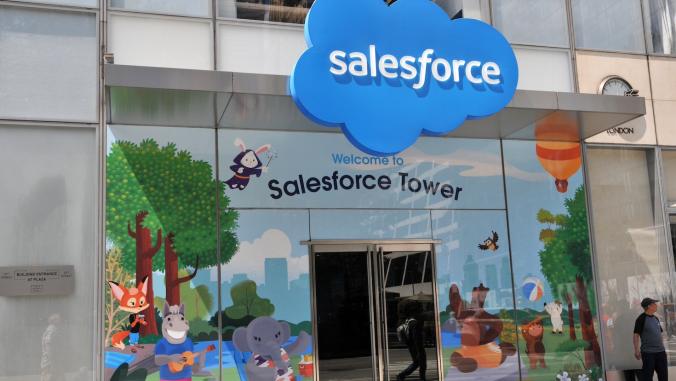Panera Bread extends commitment to animal welfare
The restaurant chain is methodically eliminating antibiotics, feeds that contain animal by-products, and inhumane confinement practices.

Earlier this month a coalition representing six of the nation's biggest school districts took a stand against buying chicken treated with antibiotics or raised on feed containing animal by-products.
The pledge by the Urban School Food Alliance sets new procurement guidelines that will affect close to 2.9 million students in cities including Chicago, Dallas, Miami, Los Angeles, New York and Orlando, Fla. They also include closer scrutiny of animal health and welfare issues, such as whether the birds are allowed to roam or whether they are confined in inhumane, overcrowded coops.
"The standards we're asking from the manufacturers go above and beyond the quality of the chicken we normally purchase at local supermarkets," said Eric Goldstein, USFA chairman and CEO of New York City's school support services. "This move by the Alliance shows that school food directors across the country truly care about the health and wellness of students."
Heightened consumer interest in animal health and welfare also plays into Panera Bread's ongoing quest to source responsibly raised livestock and poultry as part of its "clean food" policy. It committed to eliminating antibiotics in chicken 10 years ago. Since then, the $2.4-billion restaurant chain has made "substantial" progress related to other animals, said Blaine Hurst, executive vice-president and chief transformation and growth officer.
"For years, Panera has been working closely with farmers, ranchers and experts to learn how we can tangibly improve conditions for the farm animals in our supply chain," Hurst said. "We've intentionally reduced or eliminated the use of antibiotics and confinement because we believe those are among the most critical animal welfare issues we can impact."
Here are some milestones the company is disclosing this week:
- Pork: During 2014, 91 percent of the pork used in Panera menu items came from farms that shun the use of gestation cages for sows and that feed pigs with a vegetarian diet. By next month, its entire supply — 8 million pounds annually — should meet those conditions.
- Beef: 80 percent, or more than 2 million pounds, comes from grass-fed cattle allowed to graze at pasture.
- Poultry: All chicken served in sandwiches and salads meet its antibiotics-free and vegetarian diet pledges. Turkey items are also antibiotics-free. When it comes to eggs, 18 percent of the more than 70 million used in Panera kitchens come from hens in cage-free environments — this is clearly an area for improvement.
Dan Kish, Panera's senior vice-president of food (aka its head chef), said the restaurant chain's heightened attention to animal welfare has had both intangible and tangible impacts on food quality. "Confinement, for us, is a big issue because the density within which the animals are raised can lead to a lot of things," he said.
For example, the practice of subjecting animals to excess heat or the stress of cramped cages can affect meat textures.
Hurst said more Panera customers — it serves about 10 million every week, almost half of which buy under its loyalty program — seek detailed information about nutrition and animal welfare practices associated with its menu items. So, you'll continue to see more transparency from the company on these issues. "We will be the consumer's ally in their pursuit of healthy living," he said.
So how much progress have the farming and food industries really made on animal health and welfare this year?
Other big companies that have embraced policies prohibiting gestation crates include Carnival, Campbells, Chipotle, Costco, Marriott, McDonald's, Royal Caribbean, Target and Whole Foods. Unilever has put a big focus on this since 2005. For example, it requires cage-free eggs for Hellman's mayonnaise.
One of the most stringent U.S. animal welfare laws developed is slated to take effect in California next month, regardless whether businesses are ready. As of Jan. 1, all farm animals raised in the state must have "enough space to turn around freely, lie down, stand up and fully extend their limbs." Aside from egg-laying hens, the law also has implications for veal calves and pregnant pigs. But attempts to create national standards have failed to gain momentum.





